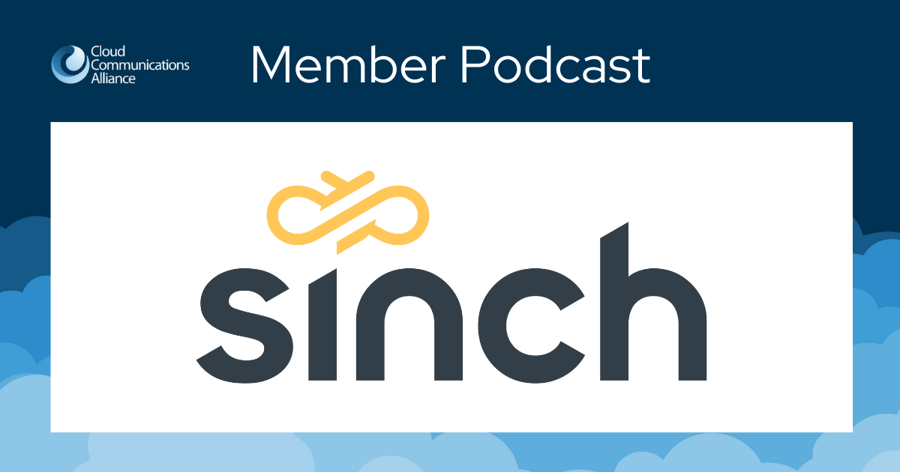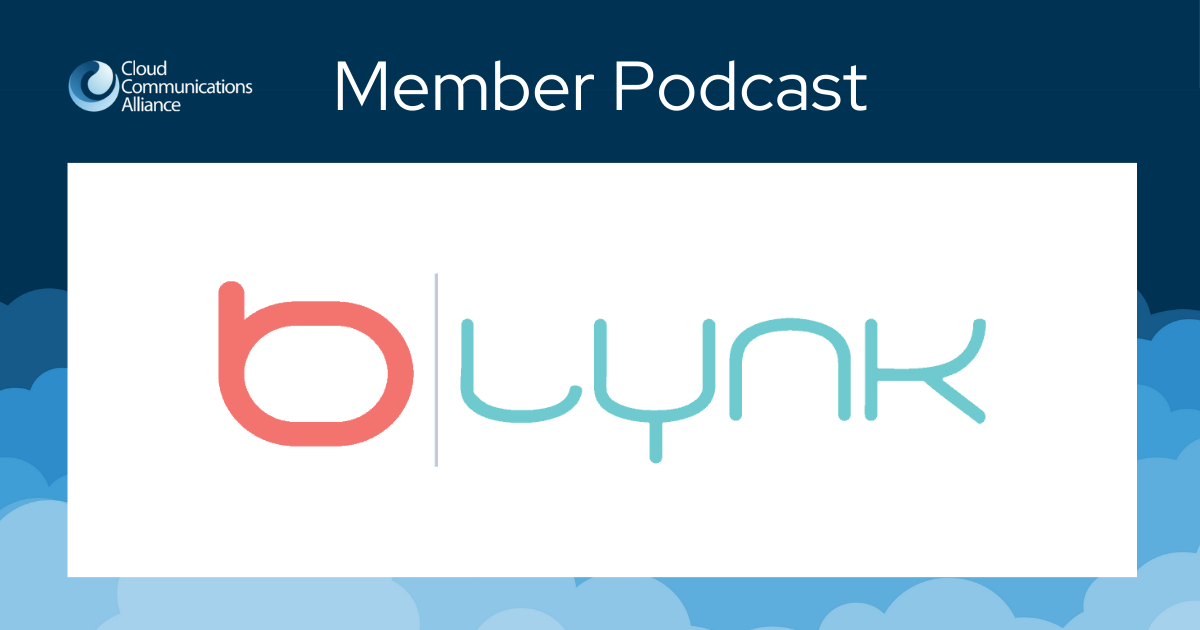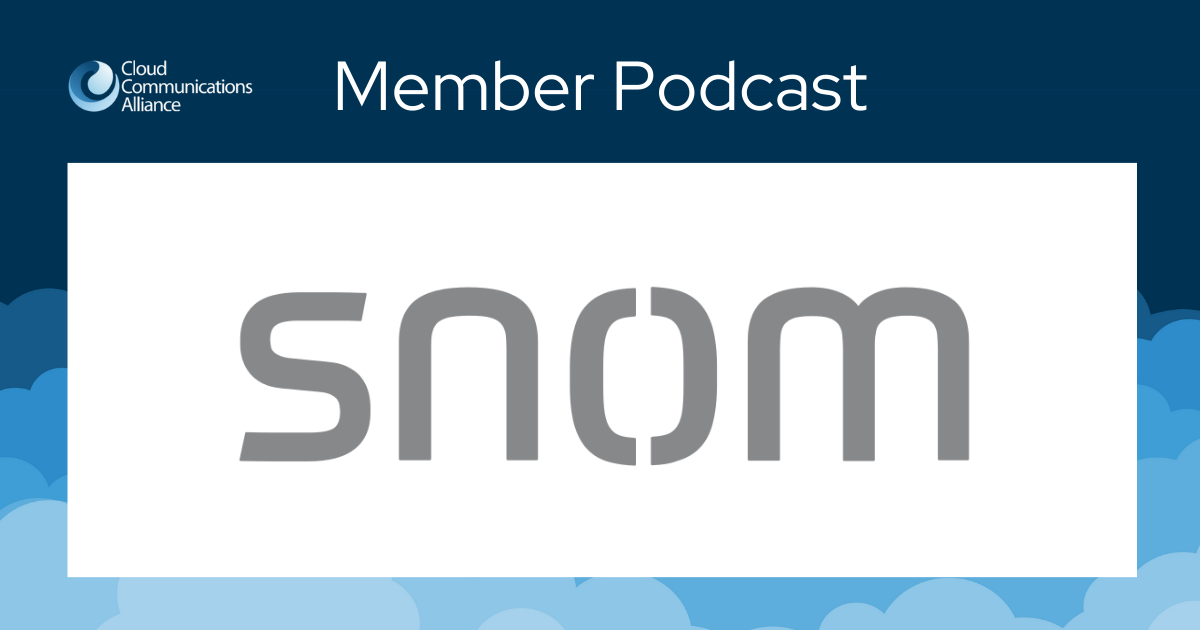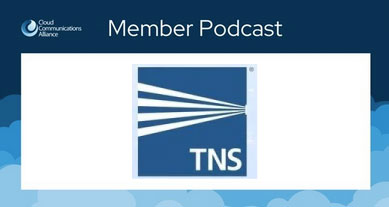Sinch, Podcast — From Omnichannel to “Optimal Channel”: How Retailers Can Win Black Friday and Beyond

“Consumers don’t want blasts — they want a relevant, two-way conversation on the channel of their choice.” — Sophie Cheng, SVP Product Marketing, Sinch
As retailers and marketers prepare for the 2025 holiday rush, Sophie Cheng, Senior Vice President of Product Marketing at Sinch, says the game has changed. Based on new Black Friday/Cyber Monday survey data from over 3,100 shoppers across ten countries, brands are being asked to do more than sell — they’re being asked to converse.
Early birds get the buyers
Sinch’s study shows shoppers want earlier outreach and faster follow-through. More than 37 percent of consumers expect promotions by October 28, while nearly one in five (18.6 percent) want them even sooner. Only 19 percent plan to wait for Cyber Week itself. Once they buy, they want instant reassurance — 93 percent say transactional messages are critical, and 75.8 percent expect order confirmations within five minutes.
“Retailers who wait until Thanksgiving week are already late,” Cheng explained. “Customers are planning, price-comparing, and expecting brands to meet them early and personally.”
From omnichannel to optimal channel
For years, marketers chased the buzzword omnichannel — blanketing every available medium with the same message. Cheng says 2025 is the year of the “optimal channel” instead.
“We need to stop blasting,” she said. “Customers want something relevant on the channel of their choice — and they want to be able to talk back.”
Email still dominates (73.9 percent prefer it for updates), but 52 percent of consumers now mix channels such as SMS or WhatsApp. Nearly 47 percent say they’d engage with RCS, the new “rich communication service” messaging format that adds buttons, carousels, and payment links right inside native text apps — no downloads required.
RCS, Cheng notes, is growing fast in North America and offers verified business profiles, giving shoppers a safer, app-like experience with clear branding and reduced fraud risk.
AI meets the holiday shopper
AI is also finding its place at the checkout. Nearly 48 percent of respondents believe AI will make holiday shopping easier, and just under half say they trust AI recommendations as much as or more than human ones.
“Every customer expects to be treated as an individual,” Cheng said. “We’re moving toward segment-of-one marketing — understanding not just demographics but conversation context and history.”
That intelligence, she added, helps brands send messages that are personal, not intrusive — a critical distinction now that 72.7 percent still value personalization, but that figure is down roughly 7 points year over year as more shoppers report “creepy” targeting.
Lessons for B2B and beyond
While Sinch’s data centers on retail, Cheng said the same principles apply to B2B, healthcare, and financial services communications. Even regulated sectors can embrace optimal channel thinking — connecting CRM, marketing automation, and conversational AI to provide responsive, compliant outreach without overwhelming audiences.
“The key is relevance, consent, and timing,” she said. “Whether you’re selling shoes or software, customers want the same thing: a fast, trusted, two-way experience.”
What Sinch does
Sinch provides the cloud communications infrastructure that enables businesses to deliver secure, scalable, and personalized messaging across email, SMS, WhatsApp, RCS, and voice. The company integrates with CRM and MarTech platforms so enterprises can design intelligent, compliant, and customer-centric journeys — from marketing to verification to support.
Learn more: Explore the full Black Friday/Cyber Monday 2025 survey and Sinch’s retail eBook at sinch.com/blog/black-friday-statistics-trends/ or visit sinch.com for solutions across retail, healthcare, financial services, and technology.


